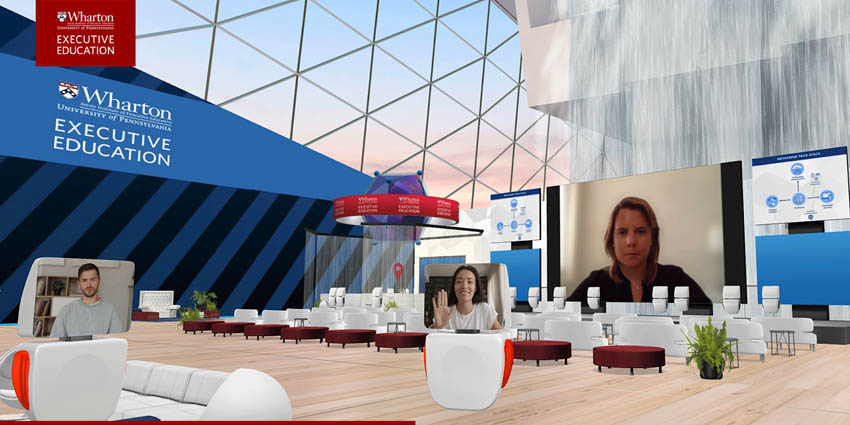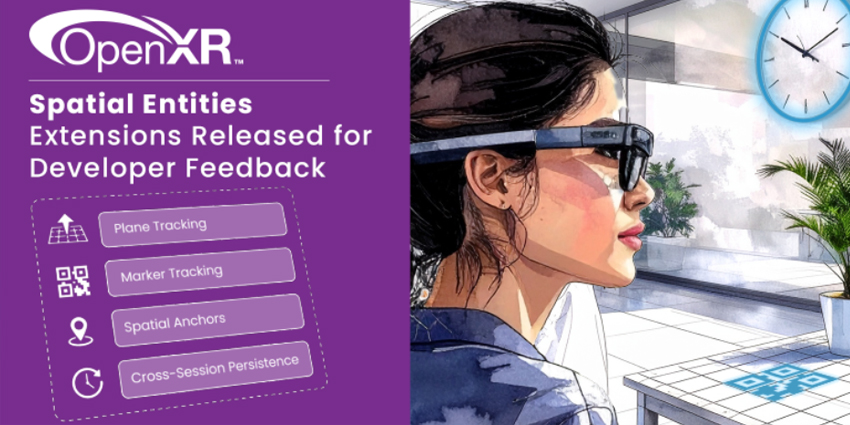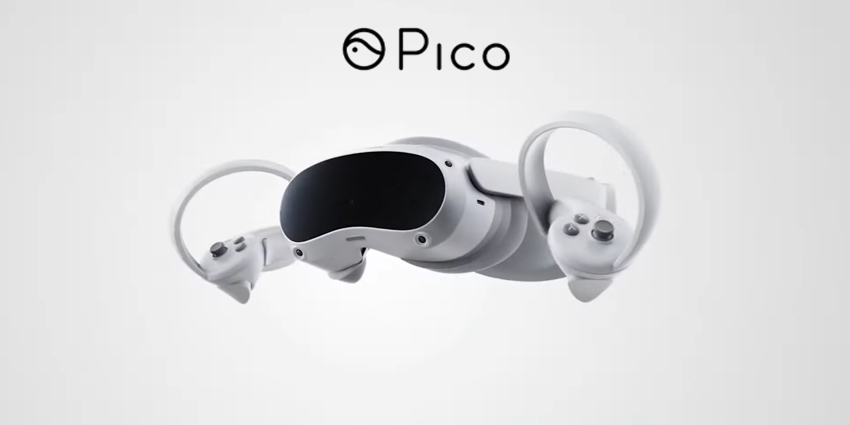Peggy Johnson, Magic Leap’s Chief Executive, joined an interview in the Metaverse for a new online university programme on the role of spatial technologies in supporting the global economy.
The Wharton School at the University of Pennsylvania’s Aresty Institute of Executive Education recently opened its Business in the Metaverse Economy programme to students, where learners will take classes for six weeks to earn a certificate on leveraging the Metaverse for companies, becoming the first Ivy League institution to host programmes on the rising spatial communications platform.
The two-part programme firstly explained how Metaverse adoption differs between businesses and consumers. The course also offers a Magic Leap case study on the company’s shift from consumer to enterprise solutions.
According to the programme, courses also feature case studies from industry leaders such as Adobe, Unity Technologies, Accenture, Second Life, Snap, Prism Group, R/GA, Mera, and Animoca Brands.
I am excited to announce my involvement in @Wharton’s flagship online program: Business in the Metaverse Economy. Complete with 50+ lecture videos, 6 industry case studies, & interactive metaverse learning experiences. Learn more at: https://t.co/RMYDh1gkvn #whartonmetaverse
— Peggy Johnson (@PeggyJ) July 26, 2022
Johnson also added in the second half of the course how firms explore augmented reality (AR) technologies for their operations.
In a statement, Johnson said,
“I was honored when Wharton approached Magic Leap and asked for us to participate in this new business course. I think it shows that the metaverse and augmented reality are increasingly seen as technologies that will shape our future and better our world”
The news comes as the industry expects the Metaverse to reach a total market valuation of up to $13 trillion USD by 2030 and host five billion users, the School said, citing figures from Citi analysts.
Spatial School’s in Session
The development comes amid a surge in organisations, businesses, and institutions tapping metaverse platforms to educate and inform users using virtual worlds.
Milan’s Istituto Marangoni opened its own portal, The Talent District, to expand outreach to Gen Z learners to boost their digital skills, curate designs, showcase artworks, and host events, among others.
Queen Mary University of London also became the United Kingdom’s first-ever university to lecture in the Metaverse in January, namely after Professor Shafi Ahmed, Surgeon and Lecturer in Surgery, hosted the talks for students to explore the use of holograms, avatars, and extended reality (XR) solutions in the medical field.
Radio Caca (RACA) also partnered with the University of Cambridge’s Blockchain Society to build a United States of Mars (USM) metaverse platform to educate learners, host networking sessions and upskilling classes, and offer job opportunities.







